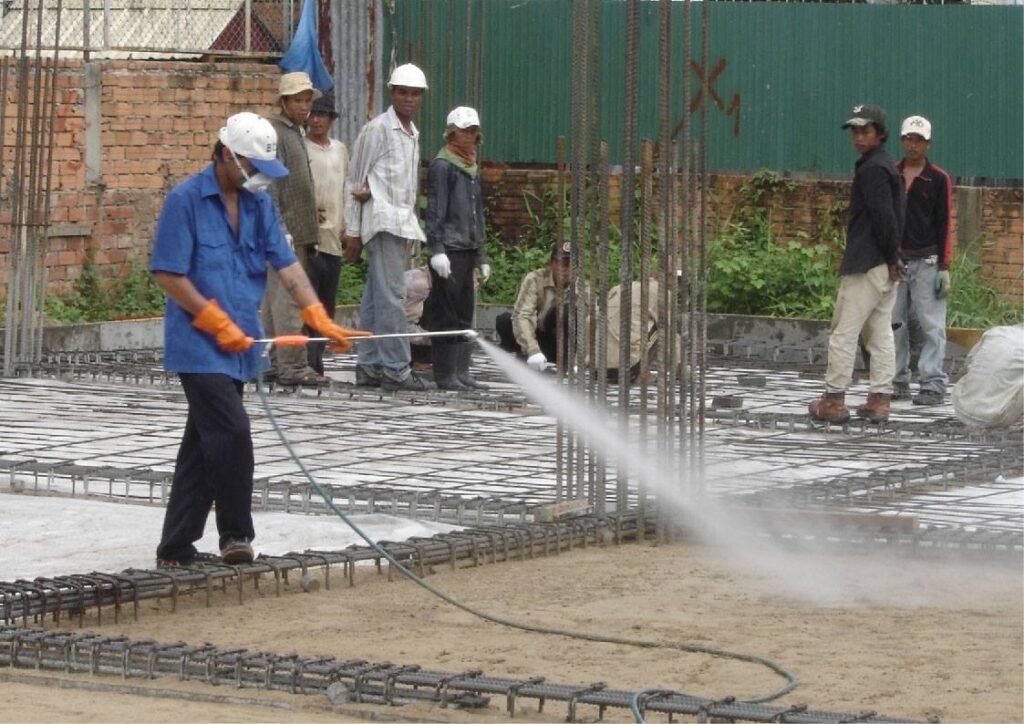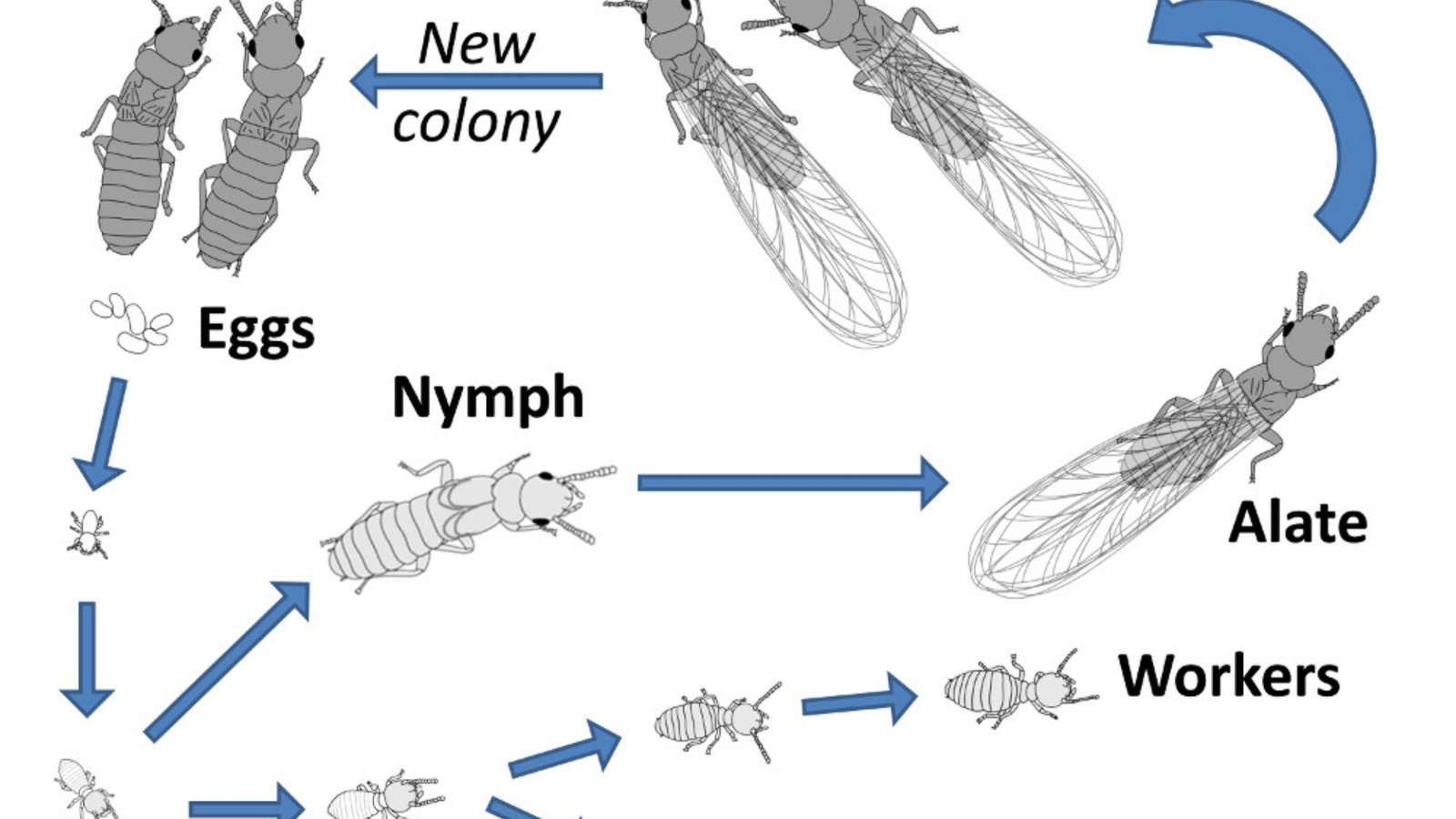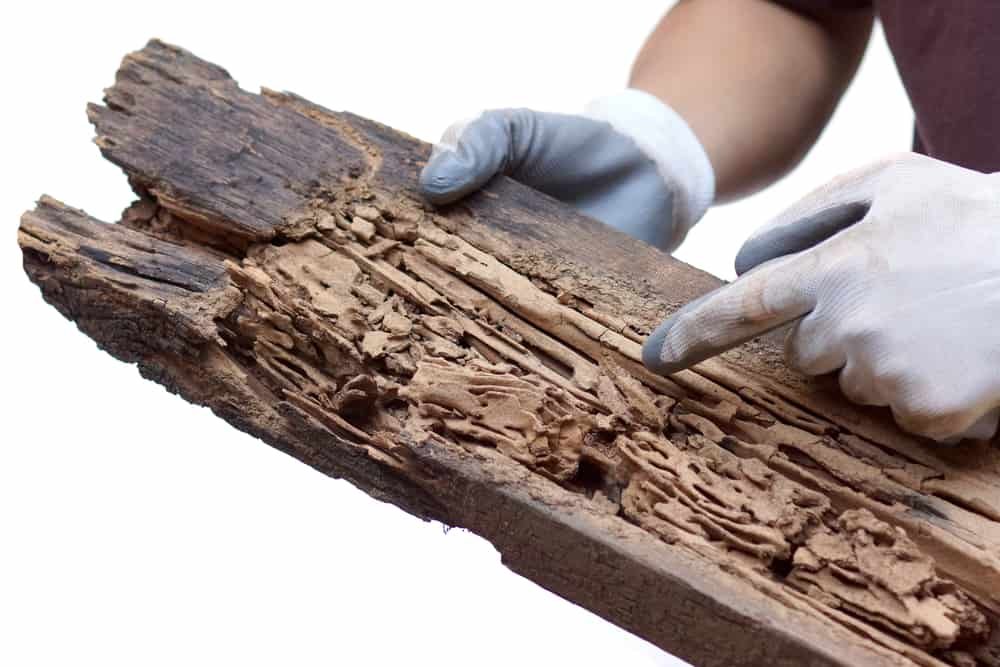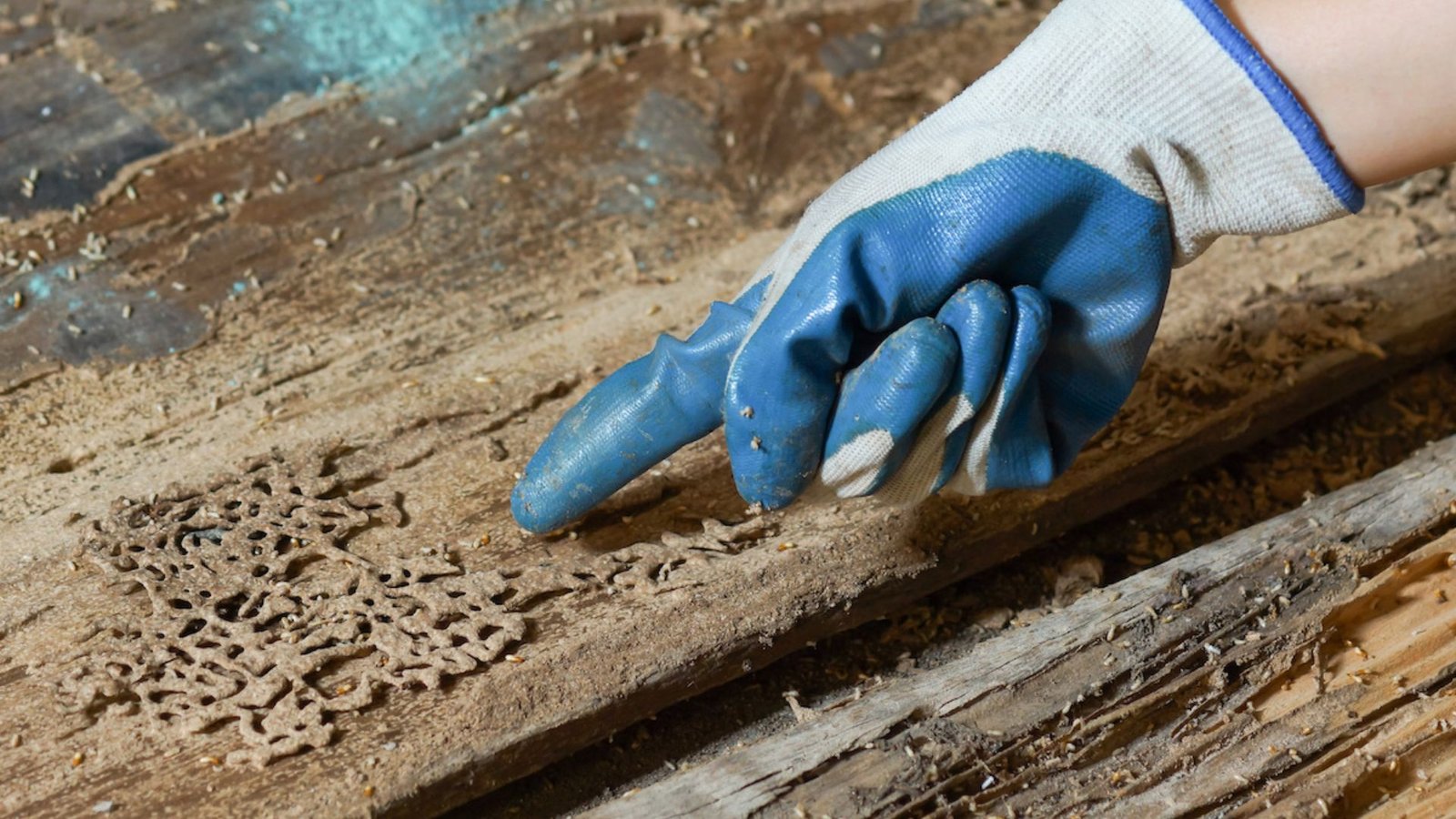When dealing with a termite infestation, it’s crucial to know how to evaluate the effectiveness of termite treatments. Termites can cause serious damage to your home, and understanding whether your treatment method is working can save you time and money. In this article, we’ll guide you through various strategies to assess the success of your termite control efforts.
Understand the Signs of Termite Activity
The first step in how to evaluate the effectiveness of termite treatments is to understand the signs of termite activity. Look for mud tubes, which termites build to travel between their colony and food sources. You might also find discarded wings, frass (termite droppings), or damaged wood. If you observe these signs after treatment, it may indicate that the treatment was not effective, and further action is needed.
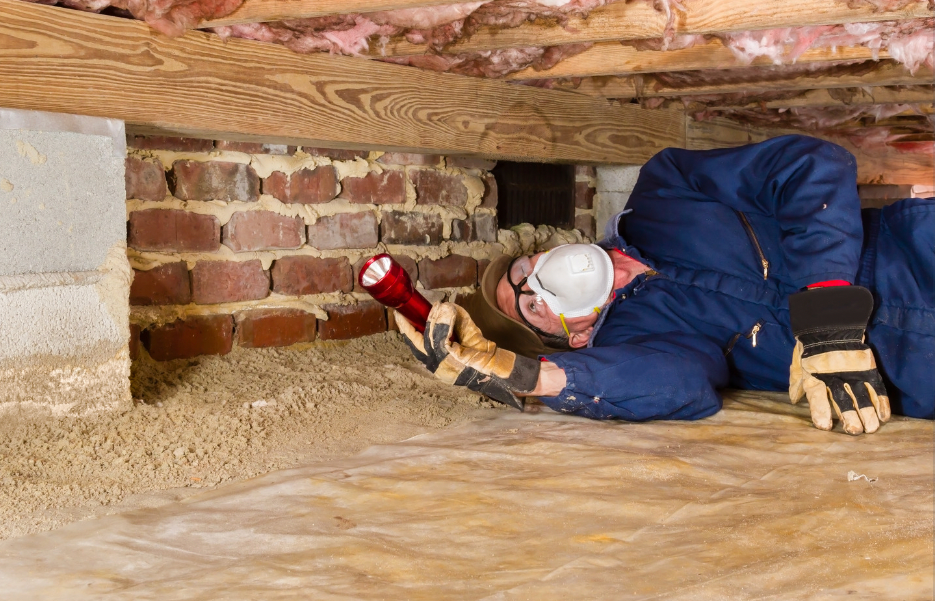
Check for New Damage
After implementing a termite treatment, it is essential to check for new damage to your property. Inspect wooden structures, furniture, and any areas where termites are likely to thrive. If you notice fresh damage or signs of new activity, it could mean that the treatment did not work as intended. Regular inspections will help you stay on top of any potential problems.
Conduct Follow-Up Inspections
Regular follow-up inspections are vital for assessing the effectiveness of your termite treatments. Schedule professional inspections at intervals recommended by pest control experts. Typically, this might be every few months for the first year after treatment. These inspections can help identify any lingering termite presence and ensure that your treatment is working effectively.
Monitor Bait Stations
If you used bait stations as part of your termite treatment, it’s important to monitor them closely. Check the stations regularly to see if they are being visited by termites. The presence of termites in bait stations indicates that your treatment is working. However, if you do not see any activity over time, it might be necessary to reevaluate the effectiveness of the bait system and consider additional treatments.
Ask for Professional Assessment
If you are unsure about how to evaluate the effectiveness of termite treatments, consider hiring a pest control professional for an assessment. Experts can provide insights into the success of your treatment and recommend any necessary adjustments. Their experience in the field can help identify issues that you may not notice on your own.
Review the Treatment Method
When assessing the effectiveness of your termite treatment, review the method you chose. Different treatments work better for specific types of termites and infestations. For example, liquid termiticides may be more effective for subterranean termites, while bait systems might work better for drywood termites. Understanding the strengths and weaknesses of your chosen treatment method is essential for evaluating its success.
Consider Environmental Factors
Environmental factors can also impact the effectiveness of termite treatments. Moisture levels, humidity, and the presence of nearby wood sources can influence termite behavior. If conditions change, it may affect the success of your treatment. Make sure to consider these factors when evaluating whether your treatment is working effectively.
Look for Improvements in Home Value
Another way to evaluate the effectiveness of termite treatments is by looking at improvements in your home’s value. A home that is termite-free and well-maintained typically has a higher resale value. If you have effectively treated and prevented termite damage, it can provide peace of mind for potential buyers. This is a long-term measure of the success of your termite treatment.
Maintain Communication with Pest Control Services
Staying in touch with your pest control service is essential when evaluating the effectiveness of termite treatments. Share your observations and any concerns with them. They can provide tailored advice and adjustments based on your feedback. A strong relationship with your pest control service can lead to better treatment outcomes and continuous monitoring.
Keep Records of Treatments
Lastly, keeping detailed records of all treatments, inspections, and observations is crucial for evaluating the effectiveness of termite treatments. Document when treatments were applied, the type of treatment used, and any signs of termite activity you noticed afterward. This information can help you and your pest control provider make informed decisions about future treatments and adjustments.
Conclusion
In conclusion, knowing how to evaluate the effectiveness of termite treatments is essential for protecting your home. By understanding the signs of termite activity, conducting follow-up inspections, and monitoring treatment methods, you can ensure that your efforts are successful. If necessary, don’t hesitate to seek professional help and keep detailed records of your treatments. With these strategies, you can effectively manage termite issues and maintain a safe, damage-free home.

